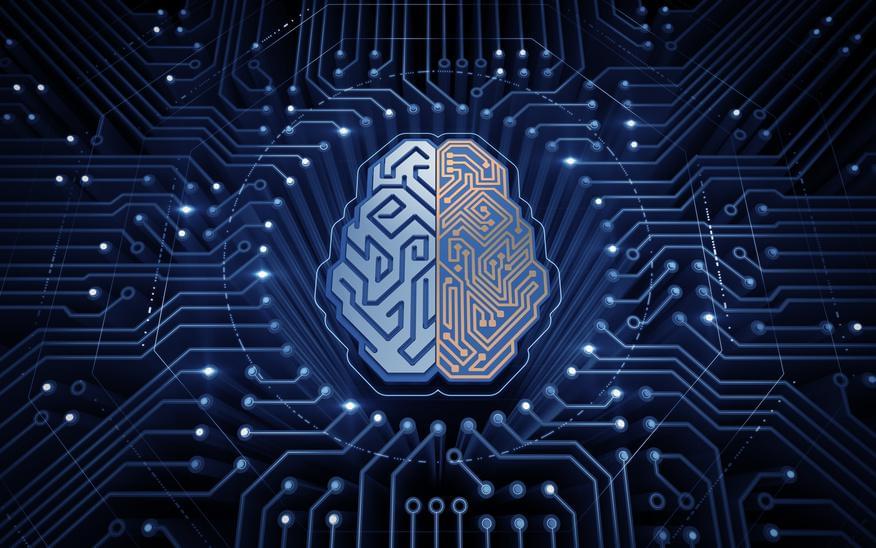As those who have read this column over time understand, I have a soapbox that involves authors, whether academics or consultants, pandering to management rather than teaching them. Sadly, Age of Invisible Machines.
The second, and larger issue was mentioned up top. Inventors have a habit, from long before Alfred Nobel, of ignoring the consequences of their inventions. The excuse is the same as scientists often give, that it’s not up to them to decide on the used and societal impact, they’re just discovering and inventing things. While that is true for theoretical science, it’s far past time for technologists focused on applications that directly impact society to give up that attempt to absolve themselves from societal impact.
The ethical AI movement is only an extension of regular movements in society, movements that try to understand how change impacts those societies and to do it from the beginning. Any good programmer looks at system issues from the design phase. Waiting until debugging is too late to create an effective system. Artificial intelligence will clearly impact society in major ways. It will redefine who can work and how society must address a change in the definition of work. It ties into the overvaluing of stocks because of the promise of solutions, in the lack of understanding of most people in what those solutions mean, and a real understanding, among a very few, of what that means.
Society is in a new Gilded Age. The first one led to regulations and protections that have been gutted over the last forty years. This new one has even more challenges and dangers than those that were created in the industrial revolutions. Nobody should be talking about systems with such an enormous potential impact on society without talking about those impacts. This book takes an outdated approach of ignoring society while pushing for major societal disruptions. That means I cannot recommend this book.









Comments are closed.